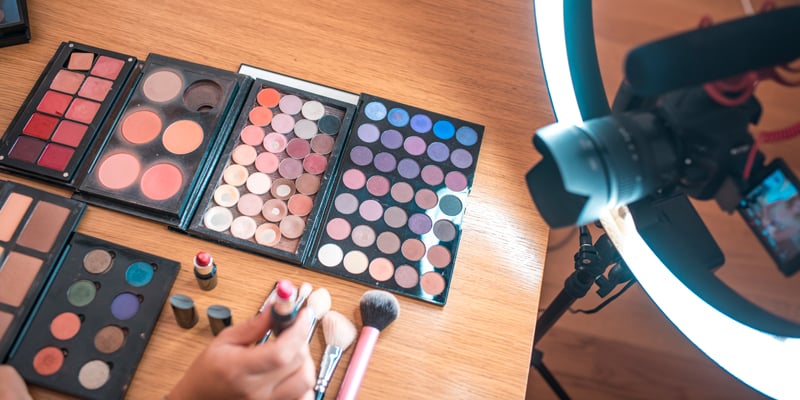“When you are getting paid to endorse a product, you must say so.”
Measures to regulate the activities of social media influencers may not go far enough, say members of the Federal National Council.
As of March, users who make money through social media must distinguish between paid and unpaid posts, and apply for licences issued by the National Media Council.
Read:
Social media influencers in the UAE will now need a licence
Our top picks: 6 things to do in the UAE this weekend
However, more must be done to make sure posts line up with the ethics and values of the UAE, some members of the FNC say according to The National.
“It has not been activated yet in a way for people to understand that when you are getting paid to endorse a product, you must say so. What if I go use the face cream you were pretending to be using and my skin gets irritated?” Ras Al Khaimah member Naama Al Sharhan said during Tuesday’s session.

“When a fashionista posts footage of herself lying down… what is this? The values that were instilled by our grandparents are being diminished by those jobless people who call themselves influencers, what are they influencing exactly?” The National quotes Al Sharhan.
National Media Council chairman Dr Sultan Al Jaber shared Al Sharhan’s concerns, but said it was a matter of influencers needing to be more aware of the rules.
Under the new rules, influencers who engage in commercial partnerships or sell goods through their sites must be licenced through the National Media Council by the end of June, it was announced in March. Those who failed to do so could be fined Dhs5,000.
Possible penalties also include warnings, and influencers’ websites or social media accounts being shut down.
“The new regulations are part of the Council’s plan to promote and develop an advanced legislative and regulatory environment for the UAE media sector, keeping it up-to-speed with regards to all technological developments that have transformed media in recent times,” the National Media Council’s director general, Mansour Ibrahim Al Mansouri, said, according to The National in March.
“Today, electronic media has become a highly influential and widespread tool; it is imperative that we enhance its reliability. Digital media is one of the fastest-growing sectors in the Middle East, especially videos, games and e-books.”
Publishing, media and digital businesses that already have licences don’t need to secure new ones, and school, college, university and government websites are also exempt.
Images: Getty











